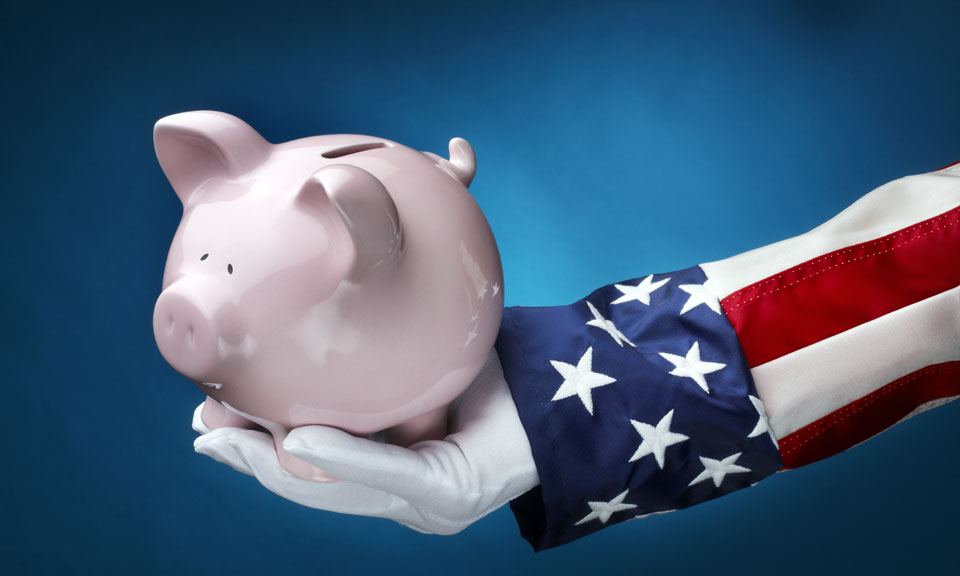Using Your Tax Refund to Pay Off Collections – Wise or Unwise?
February 4, 2016
Read this article before you use that big wad of cash from your tax refund to start paying off collections in hopes of improving your credit score.
Every year we talk to people that spent their tax refund (often $1000s) on paying off their collections in hopes of improving their credit scores so they can buy their dream house. After all, isn’t it logical to think that paying off collections demonstrates that you’re financially responsible, and shows that you’re less of a credit risk? This is what many people think, including many in the lending and banking industry. Unfortunately, this way of thinking usually winds up being a losing strategy. The brutal consequence is that people end up applying their limited cash toward a “false solution” – one that doesn’t achieve their goal, but instead costs them thousands of dollars.
TRUE NIGHTMARE:
Deal With Collections… Wisely
Collections Stay on the Report For 7 Years (PAID Or UNPAID)
That depends, as the age of a collection has more effect on your score than whether it’s paid or unpaid. This is why paying off old collections doesn’t help your score much. For example, a new collection that is only 3 months old may drop your scores 70 points. Pay it off right away and you could gain back 20 points.
As this collection gets to be about a year old, the adverse impact is about half as much as when it was only 3 months old (in this example it may only drop scores 35 points). Paying it off at this point means you’ll gain even fewer points back (maybe a 10 point increase). As time passes, the benefit of paying off a collection continues to drop. An unpaid collection from 4 years ago may only hurt your scores by 7 points. Paying it might gain you 2 measly points back. So in summary, be sure to take time and evaluate the age of a collection to help you determine if paying it off will give you the score increase you’re looking for.
If your credit report has a long list of negative accounts reporting, and your score is about 560, then paying collections will most likely result in a small score increase. When your report shows numerous collections, each collection doesn’t hurt that much on its own. So in this instance, even paying off a newly reported collection may only gain you back 10 points.
On the other hand, let’s say you have stellar credit history, a score of about 720, and a couple of recent collections. Then in that instance, paying those collections off will likely give you a significant score boost.
In both scenarios, keep in mind that there are other things that can affect your score improvement, such as your credit card utilization ratio and the number of open accounts with positive payment history. See 7 Steps to Better Credit.
Actions for Those Who Want a Loan, But Have Unpaid Collections
- Ask for a copy from your loan officer if you applied for credit.
- You can also set up a free account online with Credit Karma and view your TransUnion and Equifax credit reports.
- Obtain your free annual credit report from www.annualcreditreport.com.
- Otherwise, you’re able to purchase a copy of your report from one of the many companies offering this service online.
- See how many collections are reporting.
- How old are they?
- Which ones have outstanding balances?
- Using the 7 Steps to Better Credit book and worksheet.
- Review your utilization ratio from your credit cards.
- Count how many of your open accounts are helping you (only those showing a 100% positive payment history).
- Identify any other derogatory items reporting.
- Judgments & tax liens.
- Whether any unpaid collections or charge-offs will affect the loan, regardless of credit scores.
- The minimum score required for loan approval.
- The acceptable “debt-to-income” (DTI) ratio in comparison to your desired loan amount.
- Whether your foreclosure or bankruptcy is an issue.
